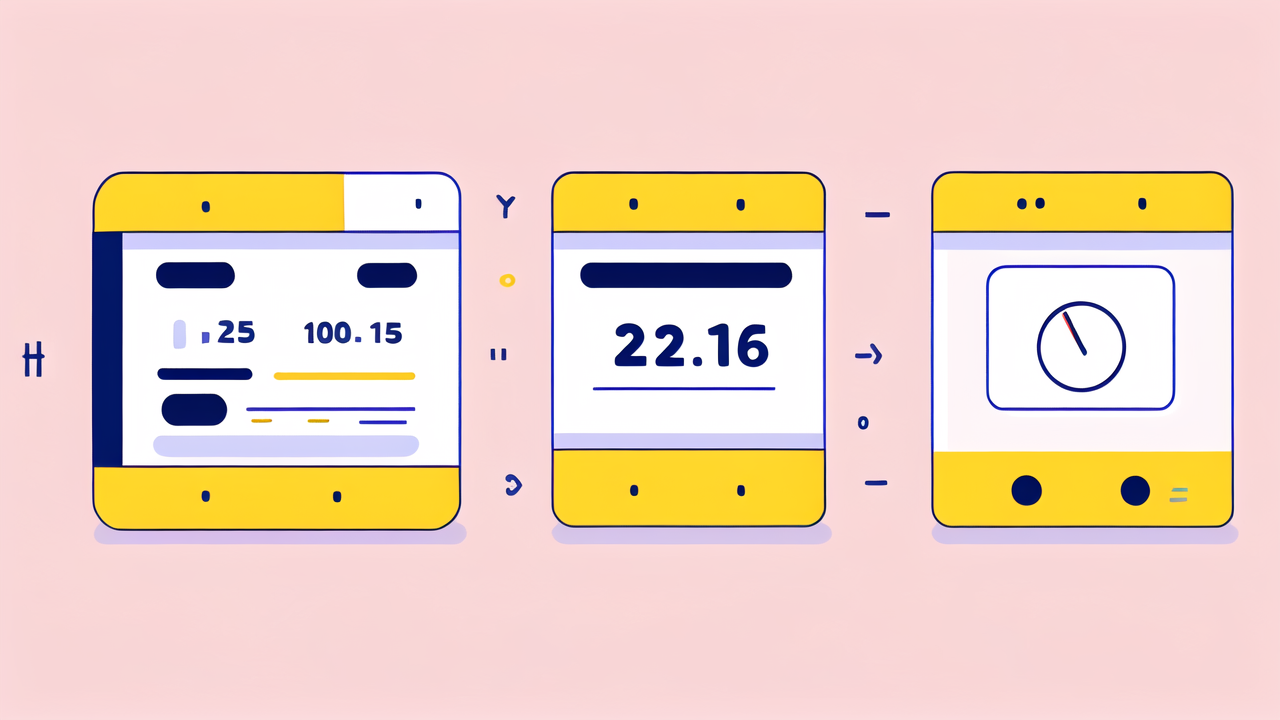Introduction to Smart Bands and Body Measurement
The Rise of Smart Technology in Personal Health
Smart bands have revolutionized personal health tracking. These wearable devices offer real-time data on our bodies. They've become popular due to their ease of use and accuracy. Many people now rely on smart bands to monitor their health daily. The technology behind these devices has improved rapidly in recent years. This has led to more accurate and reliable measurements. Smart bands are now a common sight on wrists everywhere.

Key Metrics Tracked by Smart Bands
Smart bands can track various body measurements. Here are some key metrics:
- Heart rate
- Steps taken
- Calories burned
- Sleep patterns
- Blood oxygen levels
- Stress levels
These metrics give users a comprehensive view of their health. They help people make informed decisions about their lifestyle. Some advanced smart bands can even detect early signs of health issues. This makes them valuable tools for preventive healthcare.
Evaluating the Best Smart Bands for Measurement Accuracy
Factors for Measurement Accuracy in Smart Bands
Several factors affect the accuracy of smart bands:

- Sensor quality
- Data processing algorithms
- Placement on the body
- User input accuracy
- Regular calibration
High-quality sensors are crucial for accurate readings. Advanced algorithms help interpret data correctly. Proper placement ensures the device can take accurate measurements. User input, like height and weight, affects calculations. Regular calibration keeps the device working well over time.
Comparing Top Smart Bands in the Market
Let's compare the top 5 smart bands for accurate body measurement:
- FitBit Charge 5
- Pros: Excellent heart rate tracking, ECG feature
- Cons: Pricey, some features require subscription
- Garmin Vivosmart 4
- Pros: Accurate sleep tracking, stress monitoring
- Cons: Small screen, limited smartwatch features
- Apple Watch Series 7
- Pros: Comprehensive health tracking, large app ecosystem
- Cons: Expensive, short battery life
- Samsung Galaxy Fit 2
- Pros: Long battery life, affordable
- Cons: Limited features compared to higher-end models
- Xiaomi Mi Band 6
- Pros: Great value, wide range of tracking features
- Cons: App can be confusing, less accurate for some metrics
Expert Recommendations for Accurate Tracking
Experts suggest the following for accurate body measurement tracking:
- Choose a band with multiple sensors
- Wear the band correctly as per instructions
- Keep the band and your skin clean
- Update the device's software regularly
- Compare data with medical-grade devices occasionally
Following these tips can help ensure you get the most accurate data from your smart band.
Implementing Smart Bands in the Health and Wellness Industry
Integrating Smart Bands with Fitness and Health Apps
Smart bands work best when paired with good apps. Many popular fitness apps support smart bands. These include MyFitnessPal, Strava, and Nike Training Club. The integration allows for more detailed health tracking. Users can see their progress over time. They can set goals and get personalized advice. Some apps even offer social features. These let users compete with friends or join challenges.

Case Studies: Successful Use of Smart Bands in the United States
Several case studies show the benefits of smart bands:
- A large company provided smart bands to employees. This led to a 15% decrease in sick days.
- A hospital used smart bands to monitor patients remotely. This reduced readmission rates by 20%.
- A school district gave smart bands to students. It saw improved physical activity levels among children.
These examples show how smart bands can benefit various groups. They're not just for individual use.
Future Trends in Body Measurement and Smart Technology
The future of smart bands looks promising. Here are some trends to watch:
- More advanced sensors for new health metrics
- AI-powered health insights and predictions
- Integration with telemedicine services
- Improved battery life and charging methods
- Non-invasive blood glucose monitoring
These advancements will make smart bands even more useful. They'll play a bigger role in preventive healthcare. As technology improves, smart bands will become more accurate and reliable. They may even replace some traditional medical devices in the future.
In conclusion, smart bands are powerful tools for body measurement tracking. They offer accurate data on various health metrics. The top 5 smart bands we've discussed provide excellent options for users. As these devices evolve, they'll become even more integral to our health management. Whether for personal use or in healthcare settings, smart bands are here to stay.




Leave a comment
This site is protected by hCaptcha and the hCaptcha Privacy Policy and Terms of Service apply.